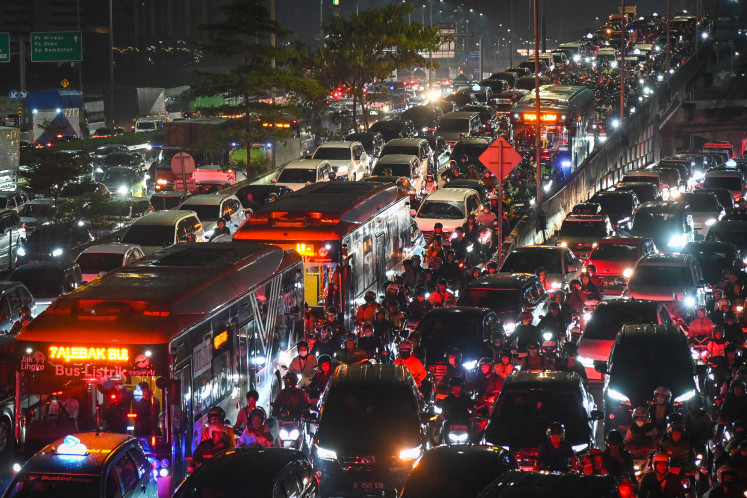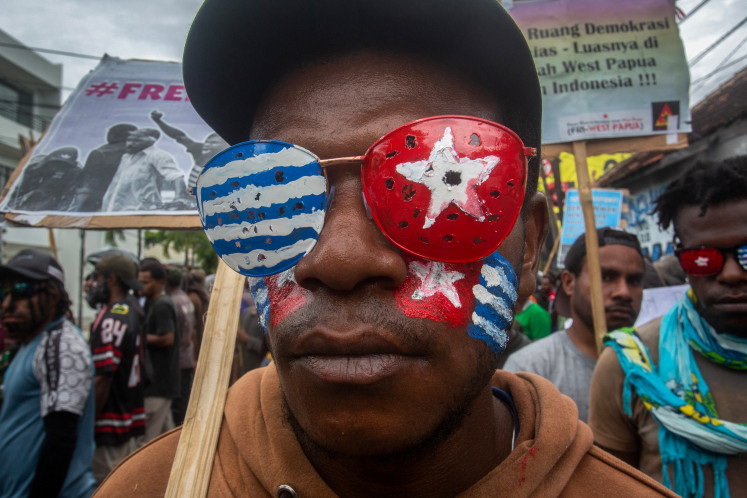Popular Reads
Top Results
Can't find what you're looking for?
View all search resultsPopular Reads
Top Results
Can't find what you're looking for?
View all search resultsChinese insurers promise the moon - and more
Singles can get compensated if they are not married within the next 12 months to China's "Singles Day" on November 11 next year
Change text size
Gift Premium Articles
to Anyone
Singles can get compensated if they are not married within the next 12 months to China's "Singles Day" on November 11 next year.
Moon-gazers in some Chinese cities received 188 yuan (US$30.86) each in insurance payouts when the full moon did not show up in their patch of sky on Mid-Autumn Festival day in September.
And for spouses who want to safeguard against the intrusion of a third party into their marriage, they can buy "xiao san" (third party or mistress) insurance.
These are just some of the weird and wacky schemes some Chinese insurers have conjured up to boost their profiles - and profits - in a fiercely competitive industry marked by fast growth and growing pains.
Some proclaim such schemes as proof that Chinese players are going all out to answer top insurance regulator Xiang Junbo's recent clarion call at a major insurance summit in September for "more product innovation".
Others dismiss them as gimmicks. "They distract insurers from addressing problems in their bread-and-butter products and in the overall industry," claimed one netizen in an online forum.
In any case, the proliferation of schemes shows the world's fourth largest insurance market is finally coming of age, say analysts.
"After 30 years, China's insurance industry is starting finally to cater to the numerous customer segments," said Capital University of Economics and Business insurance professor Tuo Guozu.
Indeed, the industry has come a long way since the 1980s when one single insurer - the People's Insurance Company of China, which was dissolved and split into four state-owned firms in 1999 - offered just a range of one-size-fits-all products.
Some 165 national insurers and seven reinsurers - along with hundreds of smaller outfits - have mushroomed across the country as the state allowed more players to enter the market.
They manage combined assets of 7.9 trillion yuan. And they are raring to enter what Xiang, who heads the China Insurance Regulatory Commission, described in September as "a golden era of opportunity" over the next two decades, as increasingly affluent Chinese warm up to commercial insurance as additional protection to state insurance schemes.
The sector made up just 3 per cent of China's gross domestic product last year - less than half of the 6.5 per cent global average, reported China Insurance Daily on Nov 11. This places China's insurance sector at No. 46 in the global rankings, which was topped by Holland.
China's target is to hit the 5 per cent mark by 2015. That could mean tens of millions of new Chinese insurance customers. "Given China's huge base, a 6 per cent rate would allow it to surpass developed markets such as the United States (in terms of number of people insured)," said Tuo.
And it is the sheer size and diversity of China's 1.3 billion population that offers the scope for local insurers to come up with novel offerings. Take unusual products like "moon-gazing insurance". "For some, a full moon is actually very important for reasons such as a family or business gathering," said Tuo.
"There are enough of such people in China to make it worthwhile to offer a tailored product."
The moon-gazing insurance attracted 5,154 buyers across 41 cities in China. Local media speculated that the insurer, Allianz China, could have pocketed up to 320,000 yuan in profits.
But other analysts say the industry cannot be considered mature until it improves its core products such as life and car insurance, and addresses problems of fraud and weak regulations.
The latest dent to the industry's reputation came in August, when the regulator scrambled to investigate Shanghai's largest insurance dealer. This came after a manager at the Fanxin Insurance Agency absconded to Fiji with 500 million yuan of funds from the sale of unauthorised products.
"The government must raise the insurance industry's credibility and speed up the development of strong regulatory mechanisms," said CIC Industry Research Centre analyst Huo Xiaohua. "Beijing will also lift restrictions on foreign insurers' access to the China market," he added.
Foreign insurers are now required to form joint ventures with local firms to operate in China, and their performance track record has largely been patchy.
Top leaders recognise the need to liberalise China's insurance sector as well. Vice-Premier Ma Kai told a conference in September that the insurance sector will undergo "regulatory reforms and upgrading", as part of a push to bring the financial sector up to international standards.
*US$1 = 6.09 yuan










